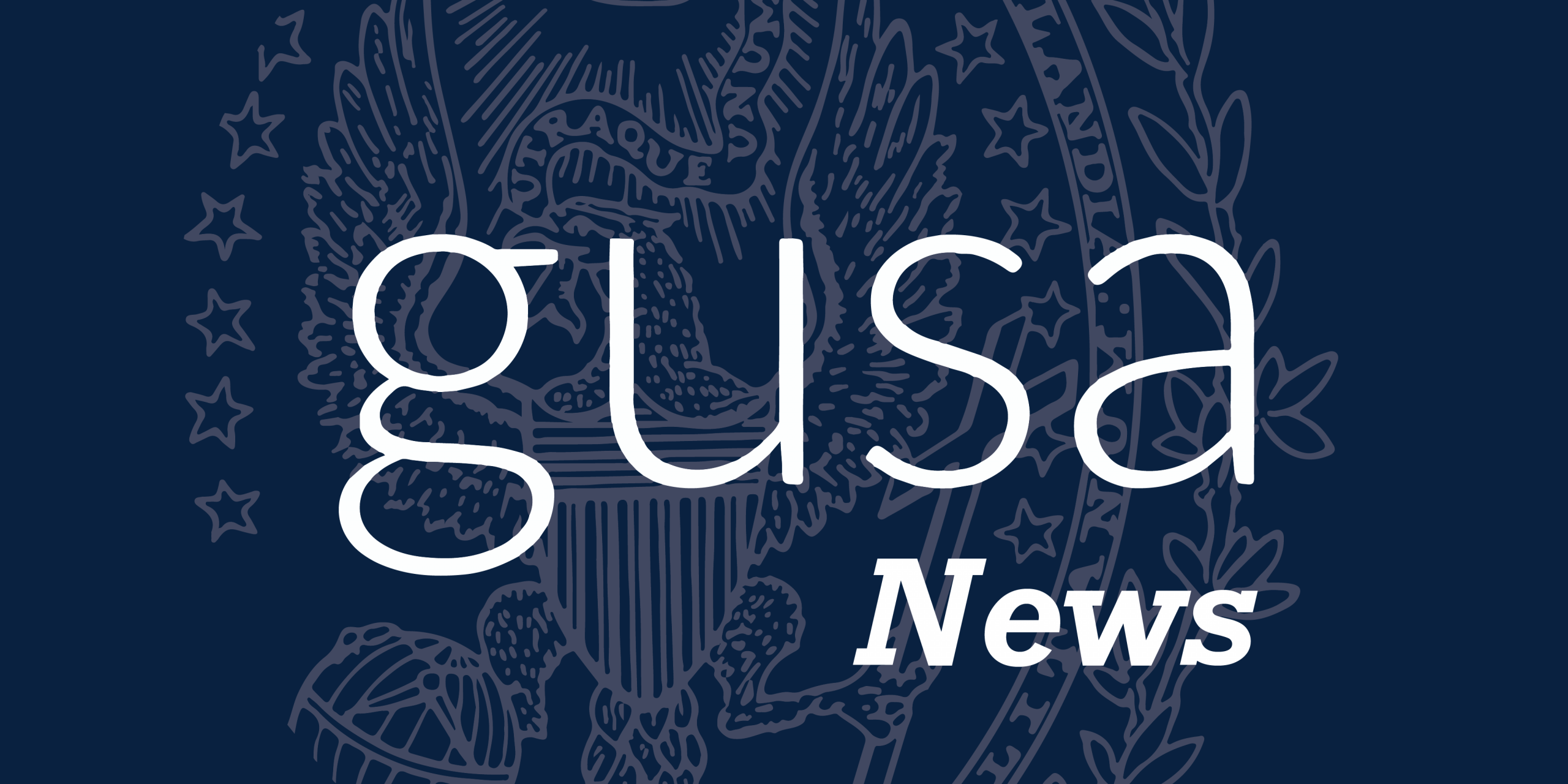GUSA’s Ethics and Oversight Committee and Election Commission held a hearing on Oct. 20 to determine the eligibility of Evan Cornell (CAS ’27) to run for Senator-at-large. Cornell is currently studying abroad this semester, which calls into question his ability to be a senator, according to interpretations of GUSA bylaws. Following the hearing, the Election Commission determined that Cornell would be eligible to run.
The Ethics and Oversight committee, which encourages and enforces ethical standards within GUSA, initially decided in an email to Cornell on Oct. 15 that he would be ineligible to run for GUSA according to the GUSA bylaws, specifically section 17.02.
“No person can hold an elected office or any office that is confirmed by the Senate while not enrolled in courses at Georgetown University Main Campus or Georgetown University Capitol Campus as an undergraduate student,” section 17.02 reads.
Cornell is the only candidate who received notice about his potential ineligibility to run due to studying abroad. Luke Hughes (SFS ’27), who is also abroad this semester, is eligible to run for GUSA president. Nicolas Santiago (CAS ’27), chair of the Ethics and Oversight committee and, like Cornell, a candidate for Senator-at-large, said at the hearing that this difference is due to when each role begins.
“Luke Thomas Hughes, who is currently studying abroad, would be enrolled as a Main Campus student by the time that he takes office in January,” Santiago said. “So there would be no bearing on his campaign.”
In Cornell’s case, if elected, he would swear into the Senate in late October or early November. However, Cornell said that he would be considered a student enrolled in courses at the Main Campus by Nov. 11, when spring registration for undergraduate juniors opens.
Cornell also said that striking him from the ballot would raise questions about the eligibility of study abroad students to engage in student government, including through voting.
“If it’s decided that study abroad students are not eligible for election, then I believe that would also mean that study abroad students are then also not eligible to vote per 16.22,” Cornell said.
16.22 of the GUSA bylaws states that “only those full-time undergraduate students” in the five undergraduate schools “shall be considered eligible candidates and voters for referendum elections, Senate elections, and Presidential elections.”
The debate hinged on whether the bylaw prohibiting students not enrolled in courses at the Main Campus or the Capitol Campus from holding an elected office conflicts with bylaws regarding a candidate’s eligibility to run.
Tina Solki (SFS ’26), the GUSA chair of Resources, Accessibility, and Inclusion, said at the hearing that students who are unable to swear in during the first November session are still deemed eligible for a later swearing in.
“When people can’t make it to the first meeting for whatever reason,” Solki said. “In those cases, student oaths are deferred until the first meeting in which they can reasonably attend.”
Solki said taking Cornell off the ballot could set an unwelcome precedent for the accessibility of student government.
“There are enough implicit and explicit restrictions on who can get into GUSA, who has the ability and who has access to this platform,” Solki said. “It feels at the very best, inefficient and a waste of good, hard working people who are interested in making the school a better place by excluding them.”
GUSA Director of Operations Ella Hastings (CAS ’27) stated that GUSA’s faculty advisor Patrick Ledesma agreed that the bylaws did not state that Cornell could not attend Senate meetings via Zoom. She said that study abroad students are still considered undergraduates of the university during their study abroad.
“The bylaws 100% need to be clarified immediately following this election, but there’s not enough clarity as it stands right now to explicitly remove Evan [Cornell] from the ballot,” Hastings said. “The decision should not be to penalize him based on an uncertainty that’s outside of our control right now.”
Santiago said that a similar incident happened in the spring when Cornell rescinded his candidacy for the Class of 2027 GUSA Senate because he could not assume office while studying abroad for a portion of his term.
Cornell said the situation was different because, as class senator, he would serve part of his term and then be forced to resign when he went abroad, leaving a vacancy in the Senate.
“Having to serve half a term and then not finish it—I felt that that was not becoming of a senator, so I decided to bow out voluntarily as I read the bylaws that way,” Cornell said.
Following the meeting, the non-conflicting parties of the hearing, including members of the Ethics and Oversight committee and the Election Commission, went through a period of deliberation. The Ethics and Oversight committee, which advises the Election Commission, concluded that Cornell would be eligible to run. The Election Commission, although not required to follow the recommendation, agreed.
“My decision in an advisory capacity is that due to the fact that we could consider him a main campus student as early as Nov. 16 [sic], that he would be eligible to run,” Vice Chair of the Ethics and Oversight committee Jacob Intrator (CAS ’27) said.
This decision could serve as a precedent for future candidacy and voting eligibility of students studying abroad.
“I pay Main Campus tuition,” Cornell said. “I’m a student. I have the right to vote in elections. I have GUSA representation. I should also be eligible to serve as a GUSA representative.”




